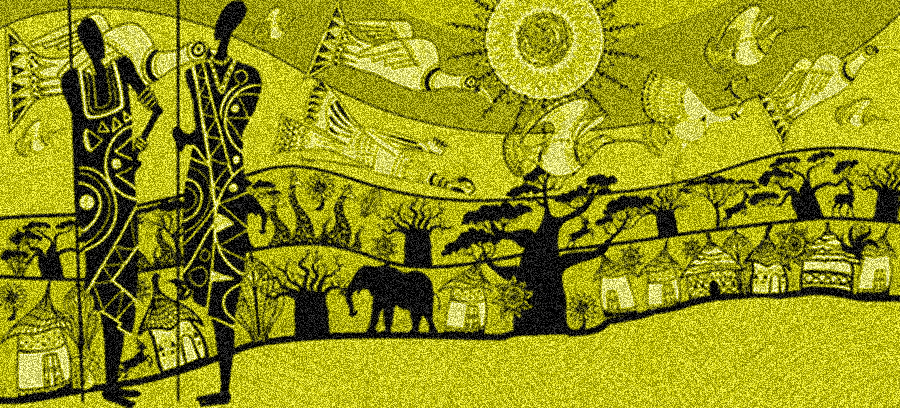Nothing to show for Decade for Africans - No Serious Efforts

Over two years into the International Decade for People of African Descent, very little has been done to achieve the objectives of the UN General Assembly declaration. It is not enough to make such a declaration. Serious efforts must be made to implement it for the benefit of Black people.
But despite the prospects of this framework, laudable advocacy and training programmes, agenda setting and national action plans, two years into the International Decade for People of African Descent Declaration, Africa remains entangled with ethnic clashes, xenophobia, corruption and leadership who are misruling their countries and misusing their resources and there is little substantive progress in achieving the objectives of this declaration.
Corruption is a major factor that is hindering the effective implementation of the Declaration’s first objective, which is to “promote respect, protection and fulfillment of all human rights and fundamental freedoms...as recognised in the Universal Declaration of Human Rights”. In his 2014 book, “Corruption and Human Rights Law in Africa”, Kolawole Olaniyan affirms this much. He argues that while sometimes thought of as a victimless crime, corruption is extremely damaging for the realisation of human rights, be it civil, political, economic, social or cultural rights. The traditional methods of dealing with it, especially criminal law, face major obstacles, and while mechanisms and approaches of human rights law, especially international and continental human rights law, might be invoked in this context, such laws could also be circumvented by corrupt leaders.
Erosion of African historical and cultural heritage is another stumbling block to the realisation of the declaration objective to “promote a greater knowledge of and respect for the diverse heritage, culture and contribution of people of African descent to the development of societies”. It is a well established fact attested by anthropologists, archaeologists, historians and other cultural workers and enthusiasts that when world history and culture are considered, art and heritage have undoubtedly been Africa’s most important assets, for it is through her art and other elements of her cultural endowment that African history and culture first became internationally recognised and famous. These elements have served to show that Africa has a cultural heritage that can compete favourably with that of any other continent of the world.
However, this valuable heritage has been relegated to the background by various governments across the continent. The existing institutes on African studies are not performing well. A close study of the available institutes in the continent calls for a serious reflection. While many of them have made massive contributions to the development of Africa and successfully proffered solutions to numerous knotty issues that seemed to have defied solutions in the past, the general applause appeared to have come too early as many of them have derailed from their founding principles. And while most of the genuine research conducted on African people is predominantly carried out by foreign institutes, a few of the surviving institutes within Africa still struggle to meet international standards.
It is against this background that this writer highlights and critiques the underlying generally held scholarly and institutional approach that places more emphasis on the analysis of this credible international framework rather than its actual implementation. If the much desired progress will be made, the African Union, as a continental body, needs to rethink the old implementation strategy to produce more inclusive and innovative responses from the leaders of each country across Africa.
Finally, the UN needs to be reminded that inequality is deep rooted and multifaceted beyond the way it is presently being touted by the world body, and thus mechanistic responses that do not deal with viable implementation strategies among the Member States will not yield the desired result.
By Stephen Adewale